main navigation start
Toggle navigation
- Resources
- Search
main content start
Search Filters
Sharex Sites List
Language
Topics
Topics
- Accountability (3)
- Adolescents (36)
- Birth Registration (1)
- Breastfeeding (20)
- Cash Transfer (2)
- Child and youth participation (13)
- Child Health (234)
- Child labour (4)
- Child marriage (18)
- Child Poverty (10)
- Child Protection (49)
- Children in alternative care (5)
- Child Rights (17)
- Climate, Energy and Environment (47)
- Community engagement (89)
- Convention on Child Rights (2)
- COVID-19 (122)
- Data/Evidence (114)
- (-) Disability (95)
- Disaster Risk Reduction (14)
- Discrimination (2)
- Early Childhood Development (55)
- Education (28)
- Emergency Response (2)
- Female genital mutilation (25)
- Gender (49)
- Gender Based Violence (17)
- HIV/AIDS (41)
- Humanitarian Response (10)
- Immunization (131)
- Infant and Young Child Nutrition (18)
- Innovation (35)
- Justice for children (4)
- Knowledge Exchange and Sharing (34)
- Knowledge Management (41)
- Legal identity (3)
- Maternal Health (55)
- Mental Health (26)
- Migrant and displaced children (12)
- Migration (10)
- Newborn Health (60)
- Nutrition (156)
- Online protection (1)
- Partnerships (8)
- Peacebuilding (2)
- Polio (6)
- Poverty (1)
- Psycosocial support (7)
- Sexual exploitation and abuse (11)
- Sexual Violence (9)
- Social Behaviour Change (58)
- Social Policy (20)
- Social Protection (15)
- Social service workforce (81)
- Sustainable Development Goals (8)
- Technology for Development (13)
- UNICEF Programming (37)
- UN Water Conference (6)
- Urban (8)
- Violence against children and women (15)
- Violence in schools (2)
- Water. Sanitation and Hygiene (194)
Resource Type
Document Type
- Academic journal articles (including pre-print submissions) (2)
- Agreements (0)
- Case studies, lessons learned, field notes (14)
- Corporate reporting (0)
- Data set (0)
- Evaluations (0)
- Forms and templates (0)
- Guidelines/SOPs/checklists (17)
- Human Interest Stories (0)
- Major publication (flagship, advocacy etc.) (0)
- Meeting documents and reports (0)
- Mobile Application (0)
- Monitoring reports (0)
- Newsletters (0)
- None (4)
- Online learning/e-learning course (0)
- Other technical publications and reports (1)
- Policy brief/briefing notes/fact sheets/FAQs (9)
- Posters, brochures, pamphlets, flyers (1)
- Presentation (0)
- Research report (5)
- Situation analyses (1)
- Situation reports (1)
- Speeches and Statements (0)
- Staff working paper/discussion paper (1)
- Strategies and Frameworks (1)
- Systematic reviews, knowledge mappings, evidence synthesis (0)
- Technical note (3)
- Toolkit/Toolbox (13)
- Training materials (22)
- Video (0)
Country
Published Date Range
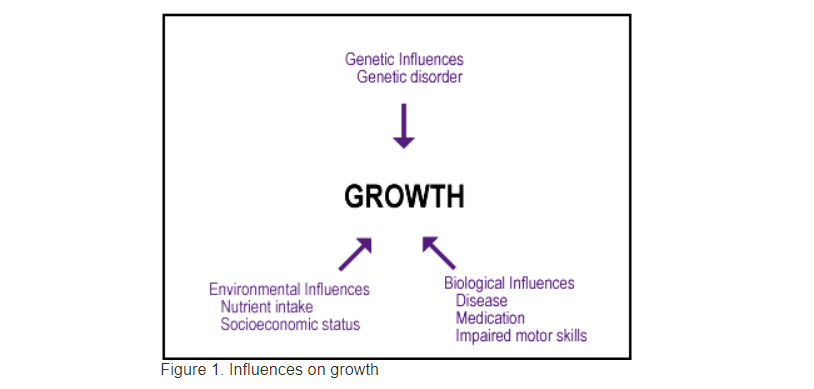
Training materials
This module describes some of the effects that special health care needs can have on the growth of children and illustrates how the CDC Growth Charts can be used to assess the growth of children with ...
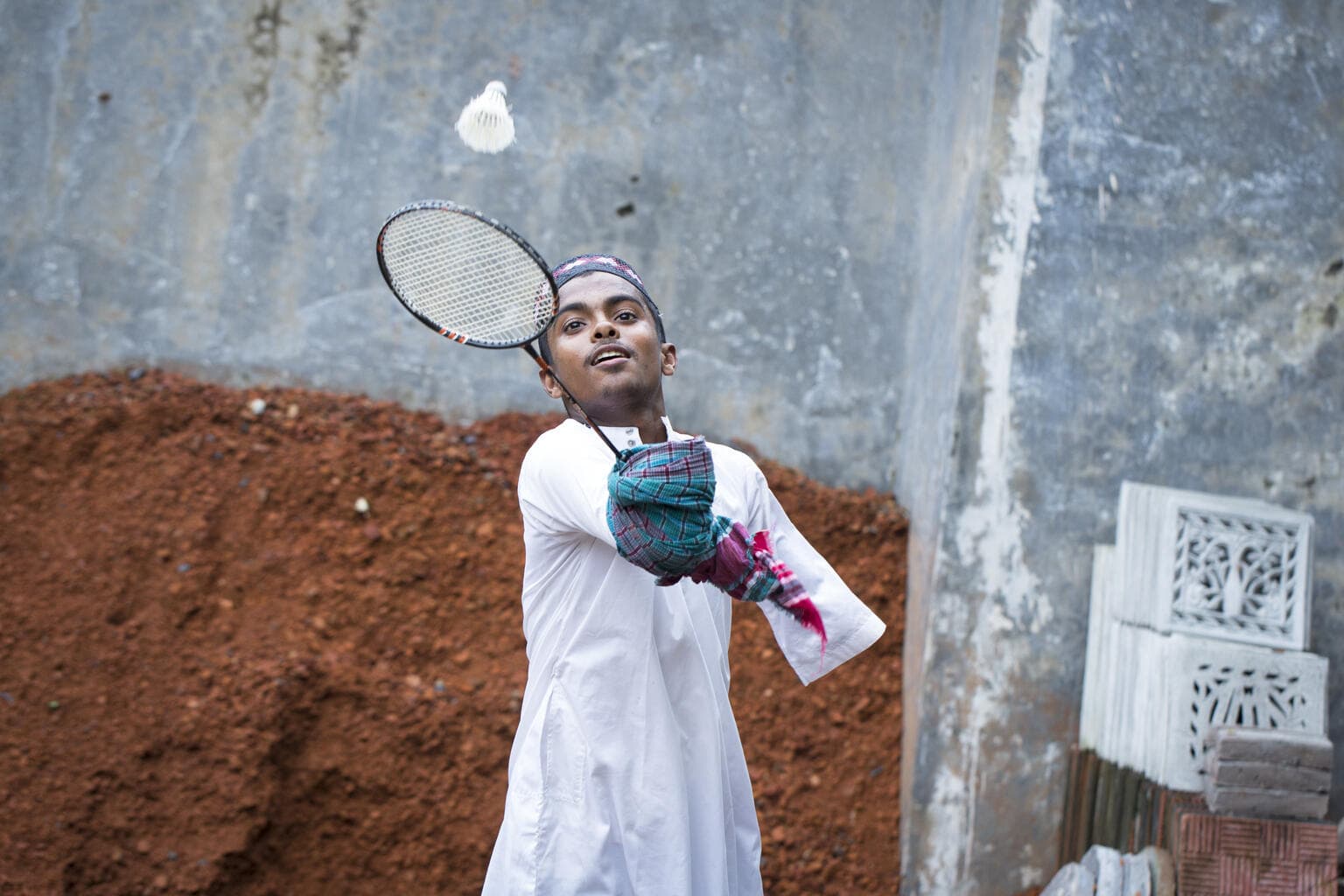
Technical note
This report compiles statistics on children with disabilities from more than 1,000 sources and covers more than 60 indicators of child well-being, from nutrition and health to access to water and sani...
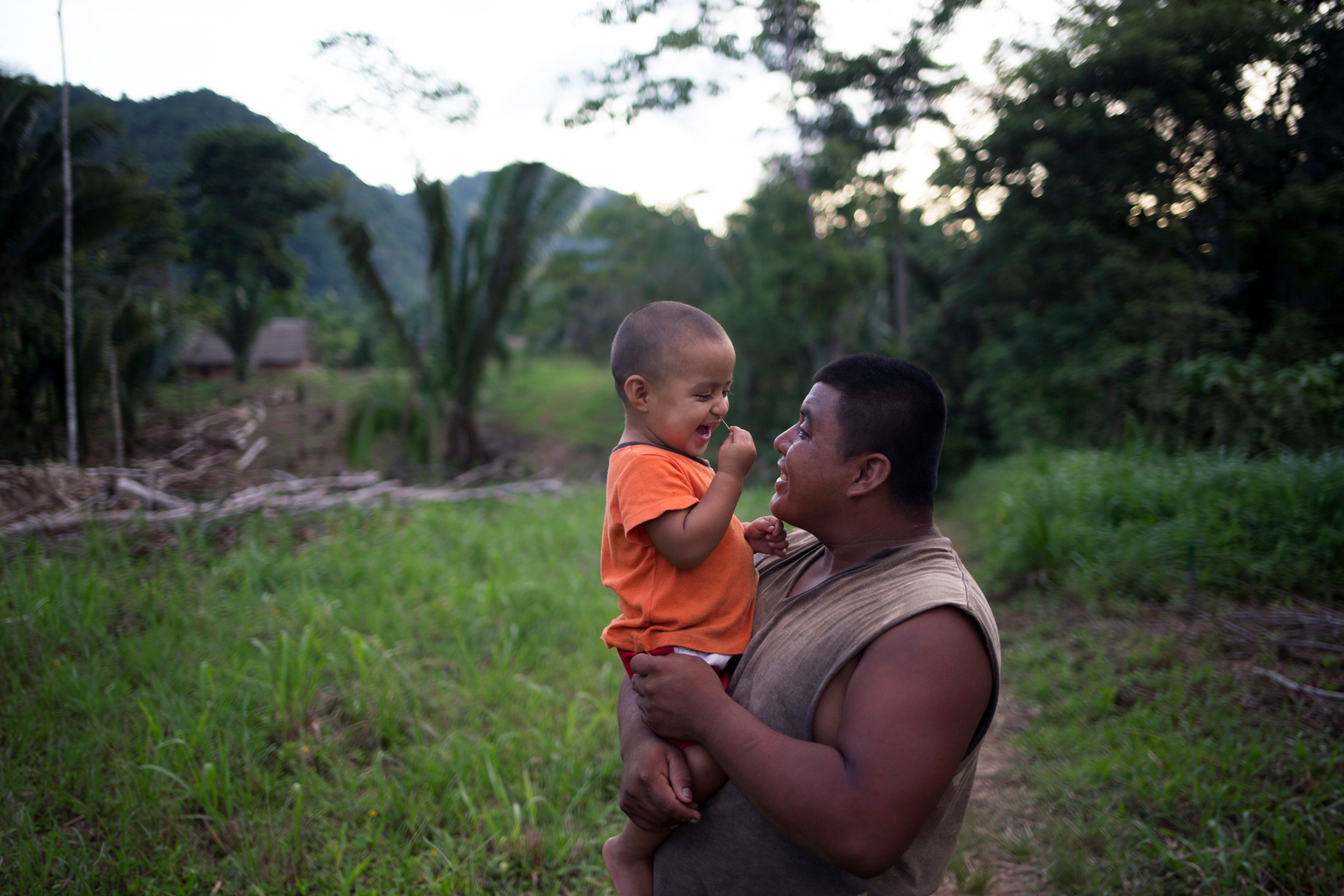
Guidelines/SOPs/checklists
This fourth section of the Nurturing Care Handbook is a practical guide to using the Nurturing Care Framework to improve early childhood development. This section on monitoring progress can be used to...

Guidelines/SOPs/checklists
The M-CHAT-R/F™ is a 2-stage parent-report screening tool to assess risk for autism spectrum disorder (ASD). It can be used for clinical, research, and education purposes, including as part of a well-...

Guidelines/SOPs/checklists
This guide helps families affected by autism spectrum disorder (ASD) understand eating behaviors; it gives guidance on how to address feeding issues and reviews some common questions that families hav...

None
This coloring book includes a list of activities that parents and professionals can use to teach children about safe and healthy eating and how to reduce the likelihood of choking.
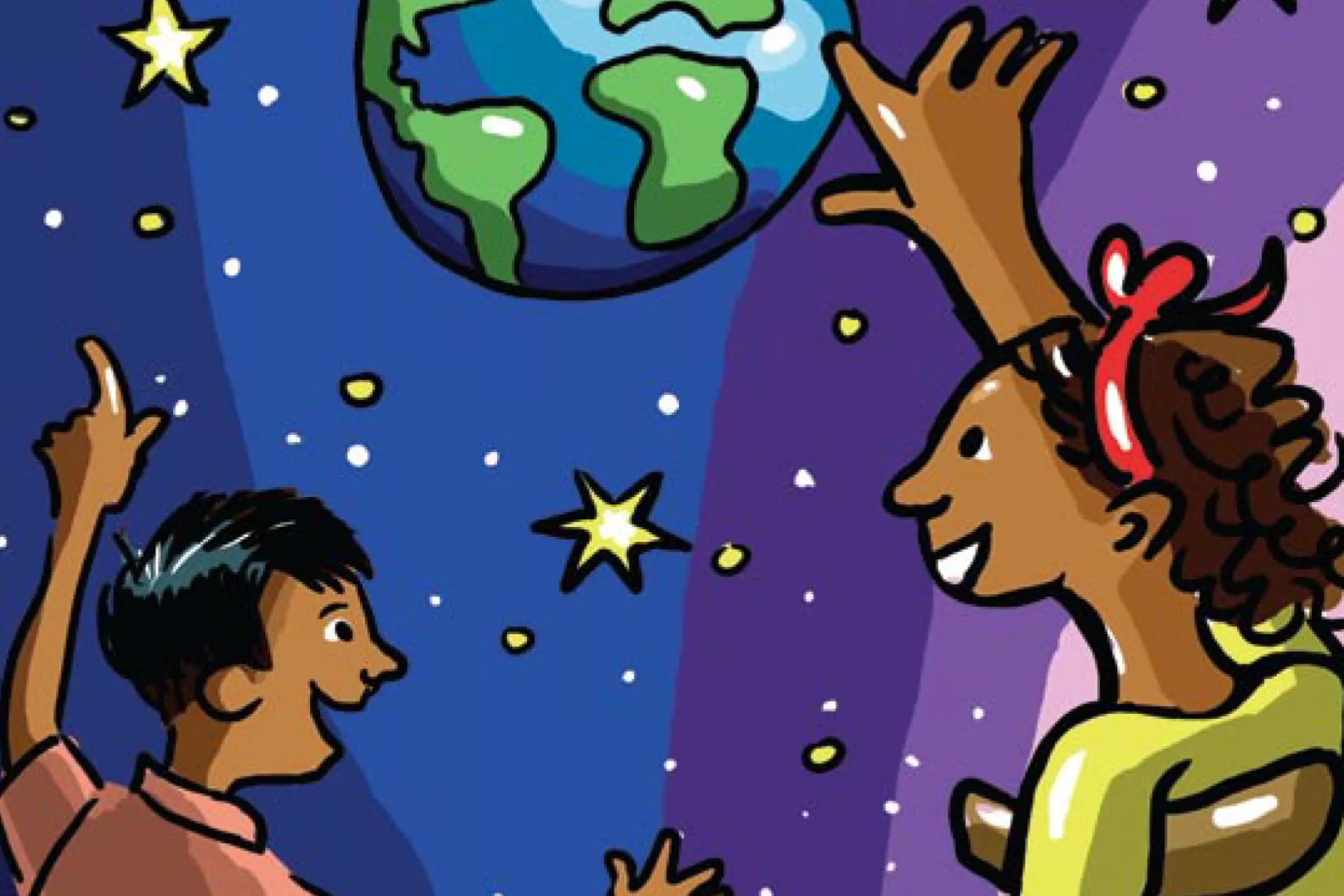
Training materials
This booklet and accompanying learning guide were created for and with participation of children to explain the Convention on the Rights of Persons with Disabilities, why it was created, and how it ca...
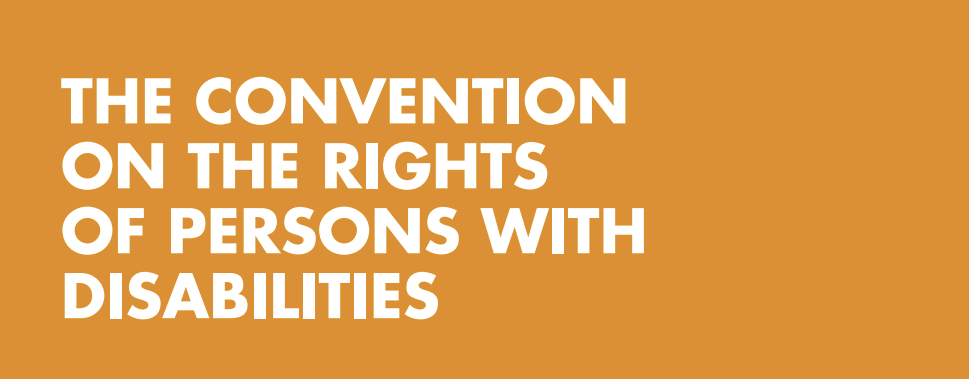
Training materials
This training package, which consists of a training guide and eight training modules, helps build the capacity of national stakeholders to implement and monitor the Convention and its Optional Protoco...
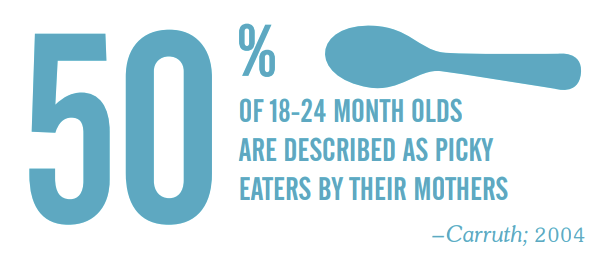
Posters, brochures, pamphlets, flyers
This infographic provides information and statistics on the relation between autism spectrum disorders and feeding challenges related to sensory processing, as well as caregiver experience with feedin...

